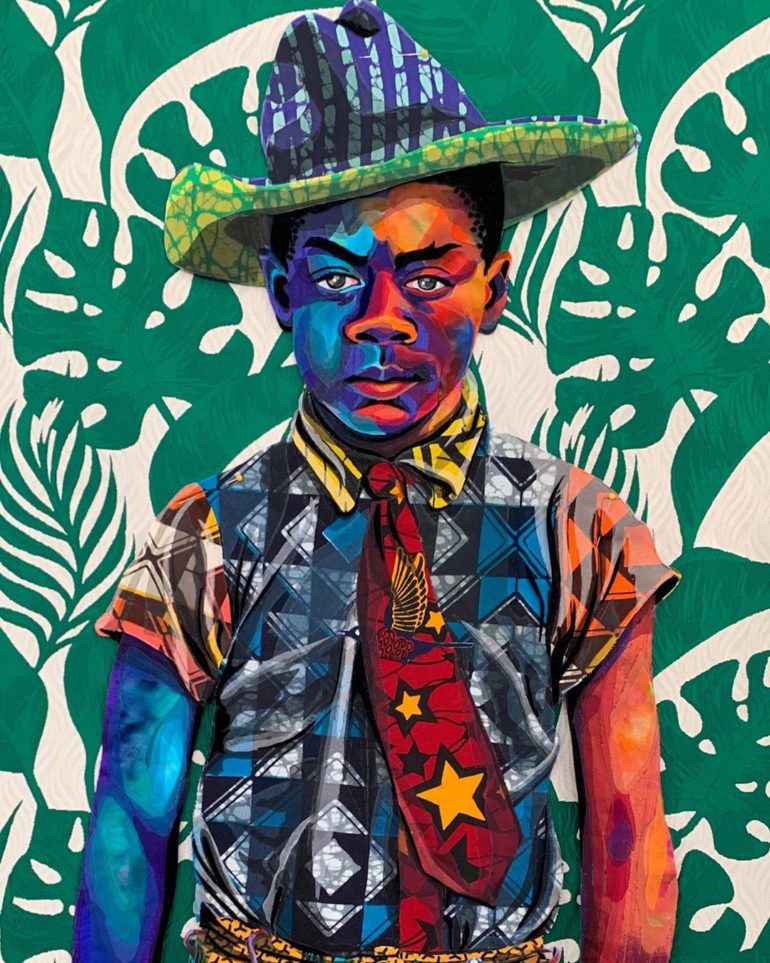

New York Times art critic Michael Kimmelman described it as “some of the most miraculous works of modern art America has produced.” The show, which was seen at the Museum of Fine Arts, Houston, and the Whitney Museum of American Art in New York during 20 was widely hailed. Quilting’s “Big Bang” occurred with the exhibition of quilts made primarily during the 1960s and 1970s by Black women in Gee’s Bend, Alabama. Margaret Fox Photography Gee’s Bend Quilts begin a movement Butler is a 2022 Gordon Parks Foundation Fellow.Bisa Butler. Butler’s work is in the collections of, among others, the Museum of Fine Arts Boston, the Nelson-Atkins Museum, the Kemper Museum of Art, the Orlando Museum of Art, the Newark Museum, the Toledo Museum of Art, and the Minneapolis Institute of Art. Most recently, she was featured in a solo exhibition that traveled from the Katonah Museum of Art to the Art Institute of Chicago. She has exhibited in group and solo shows across the United States as well as in China, England, Japan, and South Africa. In February 2021 she was awarded a United States Artist fellowship. Butler taught art in high schools in New Jersey for over ten years. Butler earned her BFA at Howard University, Washington, DC, and her MA in arts education at Montclair State University, New Jersey. We need Black women."īisa Butler was born in 1973 in Orange, New Jersey, the daughter of a college president and a French teacher. They must be thanked and acknowledged for all they have done and continue to do.

His photographsurged me to try to do the same.Īfrican American women and mothers deserve to be seen, heard, paid, and protected. He depicted women the way I see them, with reverence and respect. Through his eyes I saw beauty, delicacy, loyalty, intelligence, and strength. This rumination drew me to the works of Gordon Parks and his view of African American women and mothers. When race is factored in, the statistics worsen-African American women have a maternal mortality rate that is two times higher than any other racial or ethnic group in the United States, and the highest among women in developed countries. They experience reduced access to food, live in fear of gender-based violence, and are more likely to face extreme poverty. Millions of women worldwide are denied access to education, health services, and economic opportunities. One might think that in our society this would designate women as the most revered of people, but that is not the case. This labor is rarely rewarded but is one of the biggest gifts a human being can receive. As mothers we labor to bring children into the world and labor to provide all their needs. Mothers are our first caretakers, our first nurturers and teachers. In recent years, I’ve had to recall their words on a daily basis. "I often find myself thinking of my mother and grandmother, whom I lost years ago, and the words of encouragement or lessons passed down. I made a portrait quilt for my grandmother when her health was declining, and I have been making quilts ever since.” She later recalled: “As a child, I was always watching my mother and grandmother sew, and they taught me. Trained as a painter, she shifted to quilt making during her graduate studies, when she made a quilt in honor of her grandmother. Featuring work spanning two decades, it includes a new quilt inspired by Gordon Parks's groundbreaking Segregation Story series.īisa Butler creates textile works inspired by photographs-portraits composed entirely of fabrics and textiles in vibrant colors and patterns that reimagine and celebrate Black life. This exhibition-the culmination of Butler's 2022 Gordon Parks Foundation Fellowship-celebrates the representation of women and mothers.


 0 kommentar(er)
0 kommentar(er)
